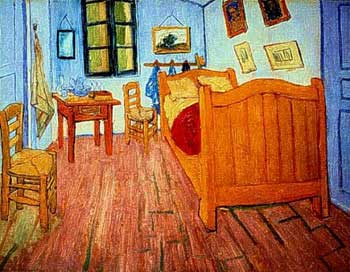
In un famoso video sulle dune si Sabaudia http://youtu.be/e6ki-p1eW2o Pasolini diceva che il fascismo non era riuscito a rendere fascisti gli italiani, mentre ci erano riusciti, con il consumismo, i democristiani. Descriveva in modo quanto mai icastico il berluscon-leghismo vent'anni prima del suo avvento - le televisioni commerciali iniziarono a trasmettere poco dopo la morte del poeta. I poeti hanno, come si sa, il dono della profezia. I politici della destra hanno smantellato le strutture statuali del paese, a partire dallo stesso parlamento, che è stato neutralizzato dalla legge elettorale detta "porcellum" ma il problema vero, che renderà difficilissima una qualsiasi opera di ricostruzione, è proprio quella che Pasolini chiamava "mutazione antropologica". Se però la fascistizzazione dell'Italia è passata attraverso il consumismo, ci sono - forse - realtà che, essendo sfuggite almeno in gran parte al consumismo, sono anche sfuggite alla fascistizzazione. La prima è il sud dove, nonostante l'oppressione della mafia, il consumismo è ancora - per forza maggiore di povertà - non è arrivato se non marginalmente, e infatti proprio dal sud proviene Caparezza, che dell'Italia di oggi fa una critica non solo spietata, ma soprattutto efficace e di generale consenso. L'altro forse sono i giovanissimi.







